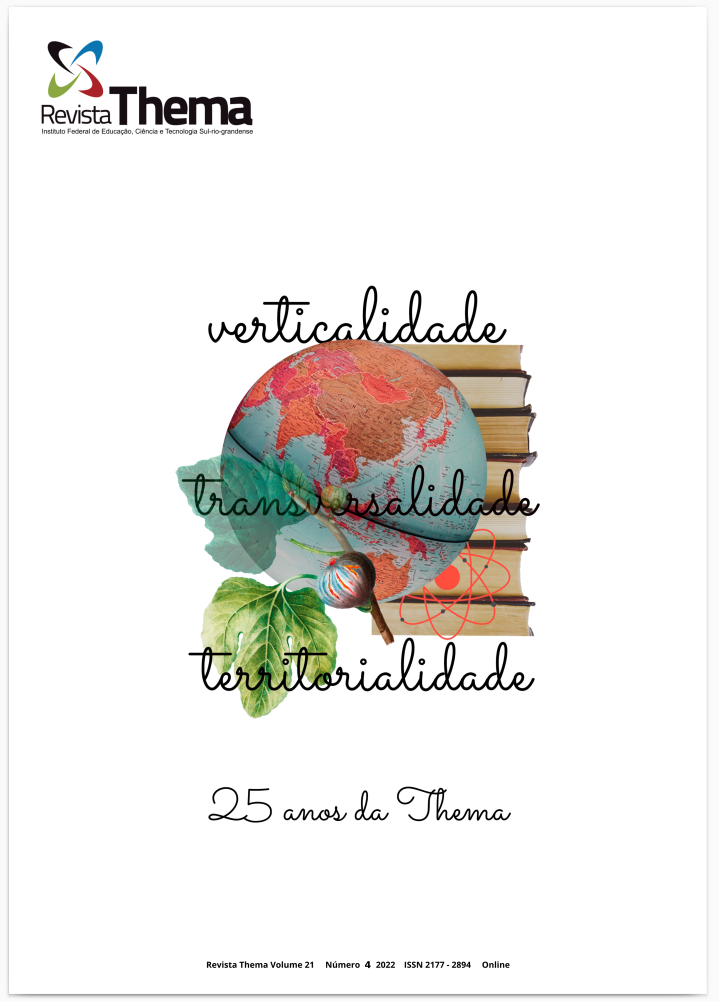Relação de longo prazo entre o consumo anual residencial de energia elétrica e o Índice de Desenvolvimento Humano no Brasil
uma análise mediante conceito de cointegração
DOI:
https://doi.org/10.15536/thema.V21.2022.1097-1109.2569Abstract
Studying electricity consumption and demand is vital for all country's economic development. This paper aims to analyze the residential electricity consumption and the Human Development Index in Brazil series considering annual values in the period between 1990 and 2018, as well as to investigate whether there is a long-term relationship between them, through the cointegration concept. Firstly, we have identified that both series were stationary (at first order) through the augmented Dickey-Fuller Test (ADF). In a second step, the Johansen's cointegration methodology confirms that there are evidences that both series have a long-term relationship, since the hypothesis that there is an integration vector could not be rejected. The Engle-Granger cointegration method presents a p-value lower than the considered significance level α=0,05) in the residuals obtained from the fitted model using the ordinary least squares method, providing evidence that both series present a long-term relationship.
Downloads
Downloads
Published
How to Cite
Issue
Section
License
O autor responsável pela submissão representa todos os autores do trabalho e, ao enviar o artigo para a revista, está garantindo que tem a permissão de todos para fazê-lo. Da mesma forma, assegura que o artigo não viola direitos autorais e que não há plágio no trabalho. A revista não se responsabiliza pelas opiniões emitidas.
A Revista Thema é de acesso aberto (Open Access), sem que haja a necessidade de pagamentos de taxas, seja para submissão ou processamento dos artigos. A revista adota a definição da Budapest Open Access Initiative (BOAI), ou seja, os usuários possuem o direito de ler, baixar, copiar, distribuir, imprimir, buscar e fazer links diretos para os textos completos dos artigos nela publicados.
Todos os artigos são publicados com a licença Creative Commons Atribuição-NãoComercial 4.0 Internacional. Os autores mantém os direitos autorais sobre suas produções, devendo ser contatados diretamente se houver interesse em uso comercial dos trabalhos.





